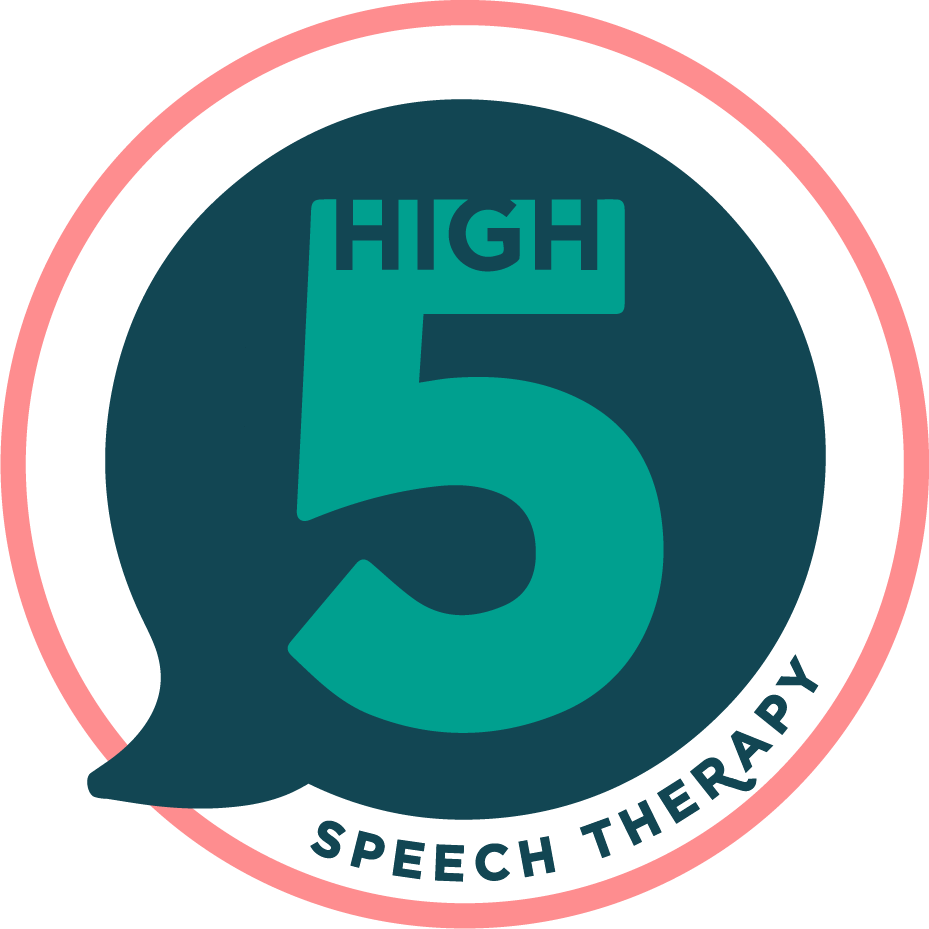red flags for Speech / Language development:
ages birth to 5
Should I be concerned about my little one's speech/language development? Check out this handout, which shares "Red Flags" to look for up to the age of 5 years.
Speech sound / articulation development
When should my child be able to say his/her sounds? Use this chart to check whether your child is demonstrating age-appropriate speech.
Please note that this chart shares a range in which we would expect to hear certain sounds from children, but does not necessarily give the age at which a child would benefit from therapy for a certain sound. Please contact Emily if you have questions regarding your child's specific speech challenges!
Please note that this chart shares a range in which we would expect to hear certain sounds from children, but does not necessarily give the age at which a child would benefit from therapy for a certain sound. Please contact Emily if you have questions regarding your child's specific speech challenges!
keeping track of your early talker's language
This is a helpful tool for keeping track of your child's early language development! This is intended for children who are not yet consistently combining 2 words together.
feeding RESOURCES
When should you consider feeding therapy for your "picky eater"? Check out this handout about "problem eaters" vs. "picky eaters."
Did you know that how you structure meals can make a big difference in how your child eats? Here are some tips.
This handout shares tips on how to keep feeding positive, even with the most challenging eaters.
Remember to keep your expectations realistic - this handout can help you find a "positive interaction" that is appropriate for your child's comfort level with any given food and language you can use to encourage more interactions with food.
Did you know that how you structure meals can make a big difference in how your child eats? Here are some tips.
This handout shares tips on how to keep feeding positive, even with the most challenging eaters.
Remember to keep your expectations realistic - this handout can help you find a "positive interaction" that is appropriate for your child's comfort level with any given food and language you can use to encourage more interactions with food.
Tongue tie & lip tie
The difference between a lip tie and a normal labial frenulum: An excellent article from Dr. Ghaheri, an Ear, Nose & Throat doctor, addressing lip tie concerns and when to treat. The main takeaway is that a thick frenum/frenulum does not necessarily indicate an issue - we must also look at whether there is a problem with the function/movement of the lips (e.g. difficulties breastfeeding, difficulty bringing lips together for speech, etc.).
gestalt language learners
West michigan therapy resource guide
This is a constant work in progress! If you are a local therapist or related professional and would like to be included in the West Michigan Local Therapy Resource Guide, please complete this online form.

